Did you know that McDonald's profitability and stability aren't driven by their burgers?
The real secret to their business success lies in real estate.
The world's largest fast-food franchise chain has been able to expand rapidly thanks to its strategic focus on property.
Founded by Richard and Maurice McDonald and later bought out by franchise agent Ray Kroc, McDonald's revolutionised the fast-food industry with its efficient food processing and speedy service, which takes less than 5 minutes to serve customers.
Even today, McDonald's remains a leader in operational excellence, continually setting new standards in the fast-food sector by introducing AI and tech to supplement labour and accounting needs.
How McDonald's Makes Its Revenue Compared to Its Peers
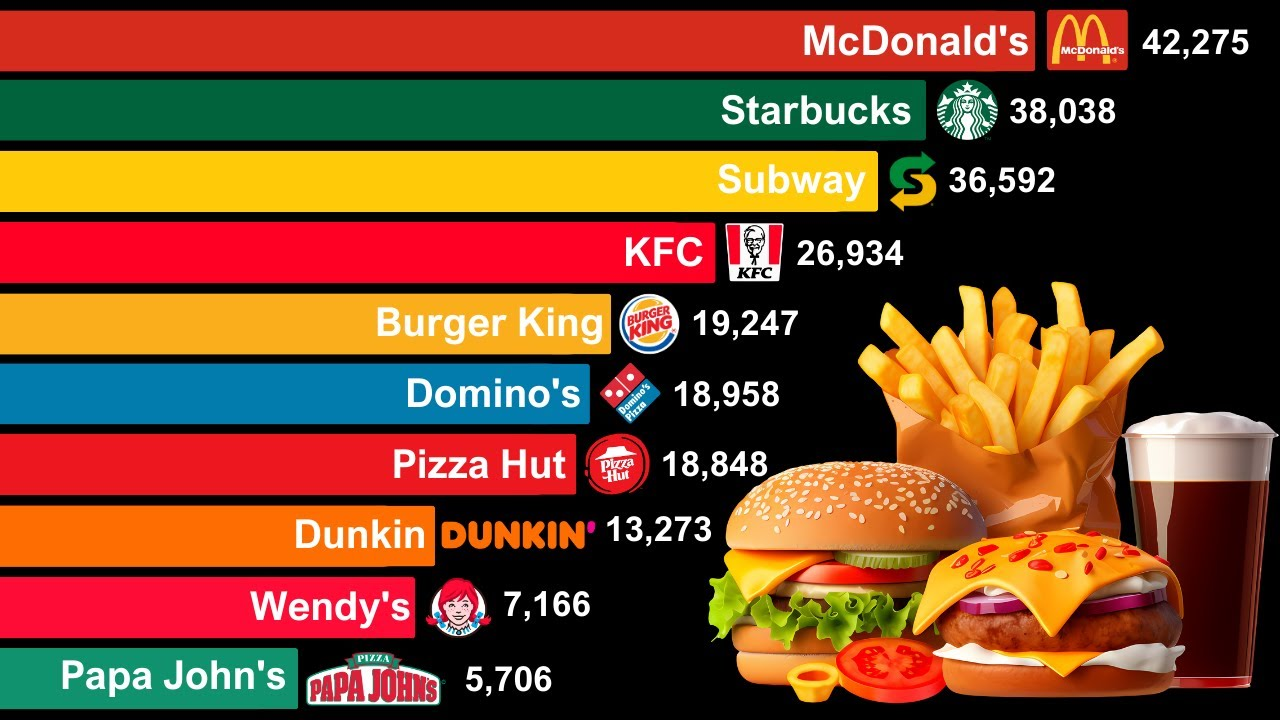
In 2024, McDonald has over 42,275 outlet across the world, more than 4,000 outlet compared to Starbucks which comes in second.
Most fast-food chains rely on selling supplies and collecting royalties from franchisees to cover their operational costs. McDonald's, however, owns most of the buildings and lands where its franchises operate.
Franchisees pay McDonald's a fee, which includes a percentage of sales and rent. This model generates 82% of McDonald's revenue, compared to 16% from company-owned restaurants.
Thanks to this business model, McDonald's was able to remain profitable and sustainable in the business ever since it became publicly listed on the New York Stock Exchange in April 1965.
5 Business Lessons From McDonald
To sum up, here are 5 key reasons for McDonald's business success:
Ray Kroc: The Catalyst for Expansion
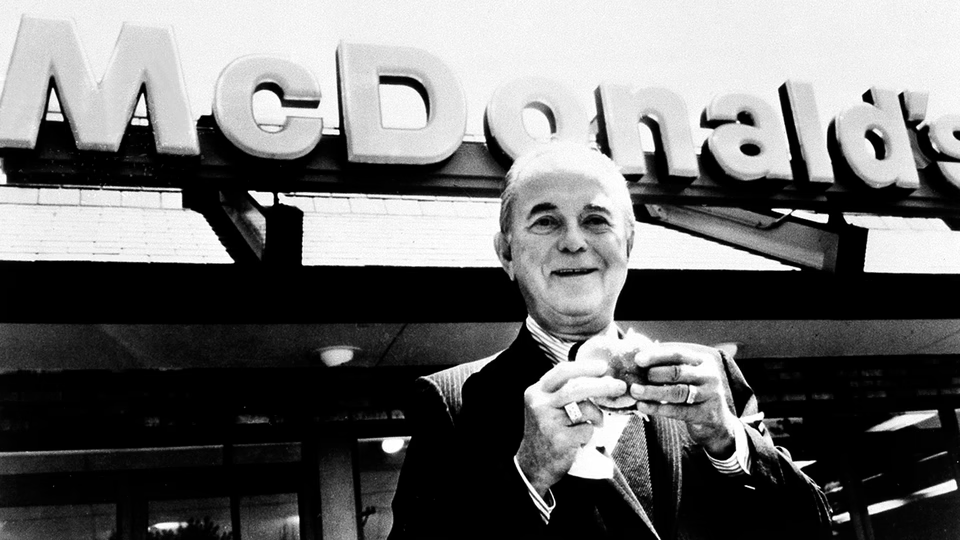
The real turning point for McDonald's came in 1954 when Ray Kroc, a milkshake machine salesman, visited the McDonald brothers’ restaurant. Impressed by their efficient operations, Kroc envisioned a franchise model that could replicate their success nationwide.
In 1955, Kroc opened the first McDonald’s franchise in Des Plaines, Illinois, marking the beginning of McDonald’s meteoric rise. The iconic Golden Arches now shine brightly in thousands of cities across 100 countries on six continents, and Kroc's principles, successes, and legendary tales are widely taught in American business schools and boardrooms.
Kroc's relentless focus on standardisation and consistency ensured that customers received the same quality of food and service at every location. His vision for a nationwide franchise system laid the groundwork for McDonald’s global expansion.
Innovations and Marketing Mastery
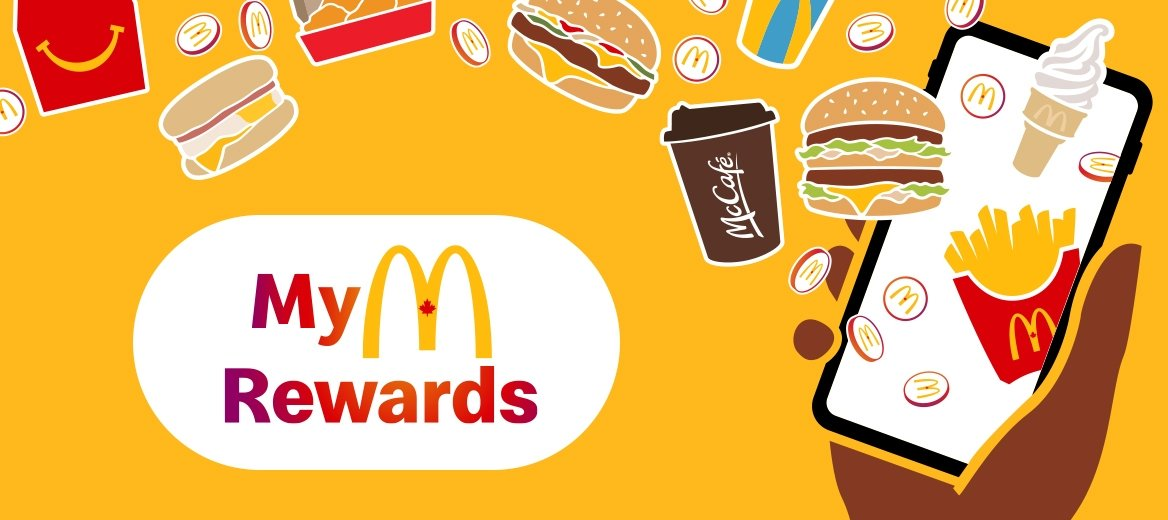
McDonald's marketing strategies have played a significant role in its global success. The company has created memorable advertising campaigns and slogans, such as "I'm Lovin' It," which resonates across cultures and generations. Sponsorships of major events, such as the Olympics and the FIFA World Cup, have also enhanced brand visibility and appeal.
Global Expansion and Adaptation
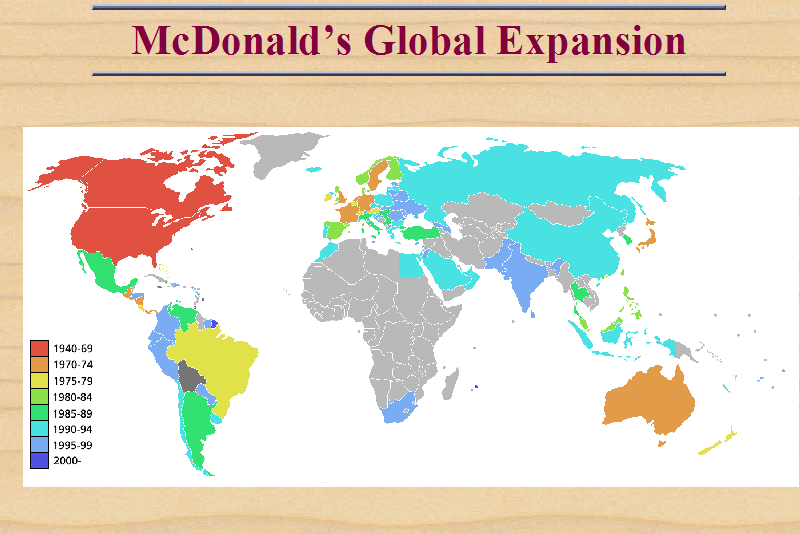
One of McDonald's key strategies has been its ability to adapt its menu to local tastes while maintaining its core offerings. In India, for instance, McDonald's serves the McAloo Tikki, a vegetarian burger that caters to local palates. This blend of global and local strategies, often referred to as "glocalisation," has been instrumental in McDonald's success across diverse markets.
The fast-food business also forged strategic partnerships and alliances to facilitate its expansion. Collaborations with local suppliers and franchisees have helped the company navigate regulatory challenges and cultural differences in various countries. These partnerships have ensured a steady supply chain and consistent quality across all locations.
Embracing Technology
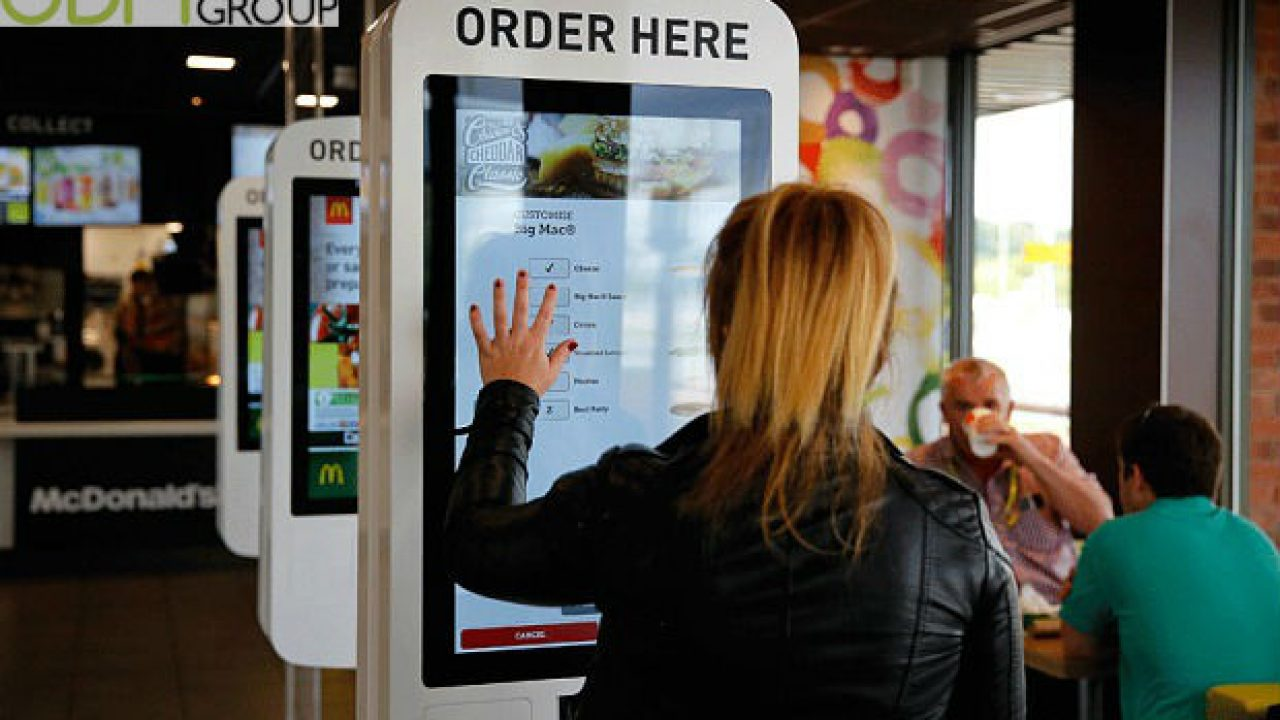
In recent years, McDonald's has embraced technology to enhance customer experience and streamline operations. The introduction of self-service kiosks, mobile ordering, and delivery services has catered to the changing preferences of tech-savvy consumers. McDonald's investment in digital innovation has not only improved efficiency but also attracted a younger demographic.
Commitment to Sustainability
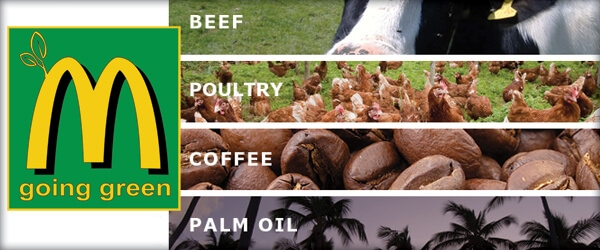
As global awareness of environmental issues grows, McDonald's has made strides in sustainability. The company has committed to sourcing sustainable ingredients, reducing greenhouse gas emissions, and minimizing waste. These efforts not only contribute to environmental conservation but also resonate with increasingly eco-conscious consumers.
McDonald's relies almost entirely on single-use packaging and products. But, 82.7% of their packaging materials and 96.8% of their primary fibre packaging come from recycled or certified sources. By 2025, they plan to have 100% certified, recycled, or renewable packaging materials.
McDonald’s Growth: SMEs & Entrepreneurs Can Replicate This Too!
McDonald's growth wasn't merely the result of the founders' vision and hard work, but also the strategic use of equity and investment to fuel expansion. This underscores the transformative power of fundraising.
By leveraging OPM (Other People’s Money) and OPP (Other People’s Profit), businesses can significantly accelerate their growth trajectory. Fundraising enables businesses to access the capital needed to scale operations, innovate, and expand into new markets.
For SMEs and entrepreneurs, adopting these strategies can open doors to unprecedented opportunities. By replicating McDonald's approach to growth, they can harness the power of investment to achieve their business goals and drive sustained success.
Interested? Then be sure to join PIF Capital where we can do the same for businesses. From equity funding, networking events, and going IPO to earn more equity. We host our weekly IPO3 event every Tuesday from 9 am to 12 pm.
Discover how to:
- Maximise your business valuation.
- Generate today's cash flow from tomorrow's profit
- Continue to increase your share price post-IPO.
Register to secure your seat via this link:
WhatsApp to 82227413 for further enquiries.